
forms.gle/83Abpj5F8qzd...
It should take you less than 5 minutes & does not ask for any personal information.
We'll use the answers to plan our future work.
Please share!
🙏🙏🙏
⚡

forms.gle/83Abpj5F8qzd...
It should take you less than 5 minutes & does not ask for any personal information.
We'll use the answers to plan our future work.
Please share!
🙏🙏🙏
⚡
📝 Guest, O., & van Rooij, I. (2025). *Critical Artificial Intelligence Literacy for Psychologists*. doi.org/10.31234/osf...
🧪

📝 Guest, O., & van Rooij, I. (2025). *Critical Artificial Intelligence Literacy for Psychologists*. doi.org/10.31234/osf...
🧪

doi.org/10.5281/zeno...
We unpick the tech industry’s marketing, hype, & harm; and we argue for safeguarding higher education, critical
thinking, expertise, academic freedom, & scientific integrity.
1/n




doi.org/10.5281/zeno...
We unpick the tech industry’s marketing, hype, & harm; and we argue for safeguarding higher education, critical
thinking, expertise, academic freedom, & scientific integrity.
1/n
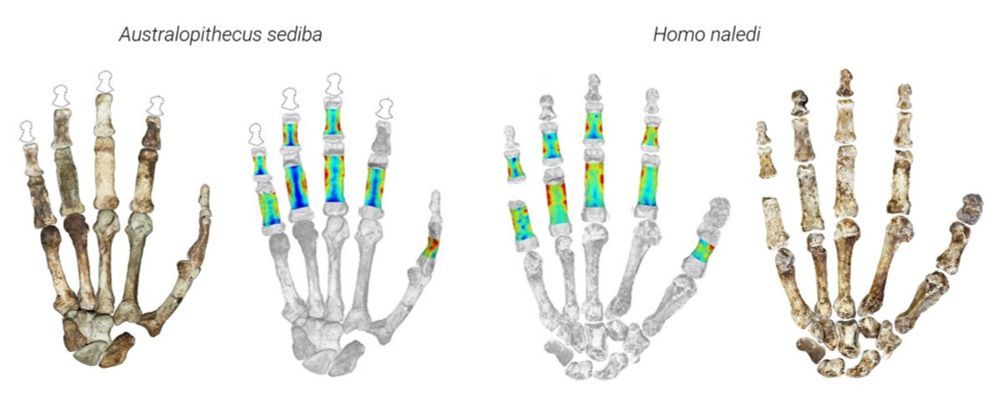
More info here: mariechancel.com/open-positio... or by contacting me directly !
Are you seeking feedback on an unsubmitted manuscript or a response to reviews?
Our “pre-review” program offers feedback from experienced reviewers!
👇 Learn more & apply:
go.iu.edu/rzfair
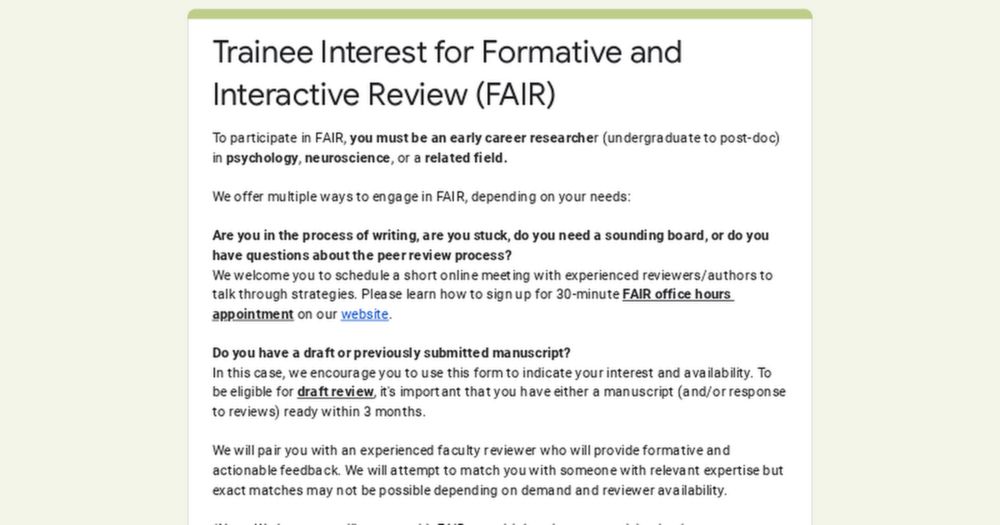
A few years ago we found that students are more likely to see the gorilla in their data if they are not also asked to test a specific hypothesis. In his blog Chiraag Gohel now shows that Chat-GPT can’t help you to find it either.
chiraaggohel.com/posts/llms-e...
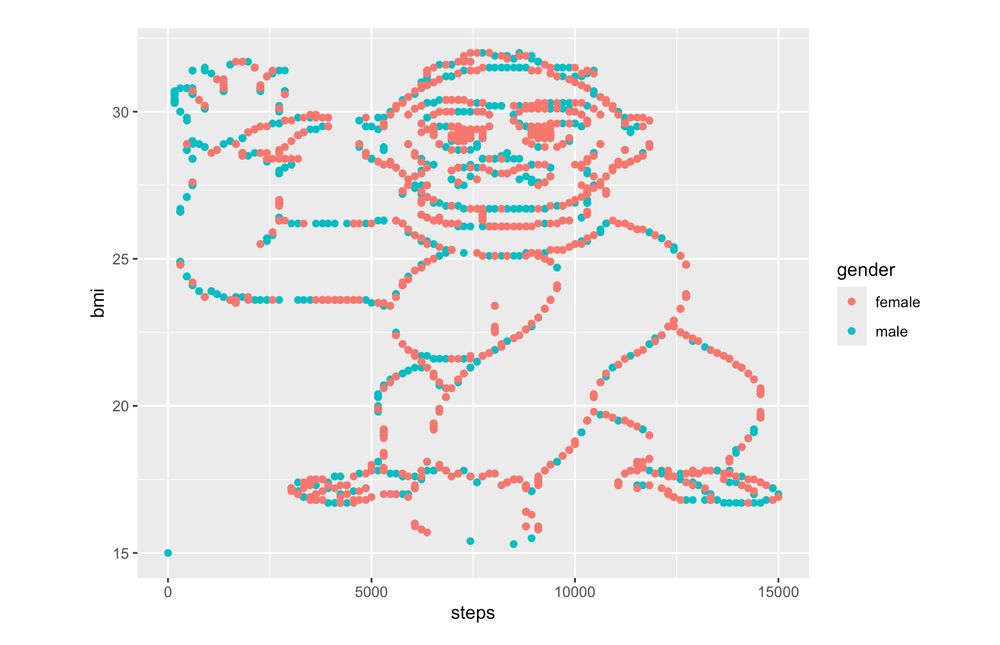
A few years ago we found that students are more likely to see the gorilla in their data if they are not also asked to test a specific hypothesis. In his blog Chiraag Gohel now shows that Chat-GPT can’t help you to find it either.
chiraaggohel.com/posts/llms-e...
Jevin West (@jevinwest.bsky.social) and I have spent the last eight months developing the course on large language models (LLMs) that we think every college freshman needs to take.
thebullshitmachines.com
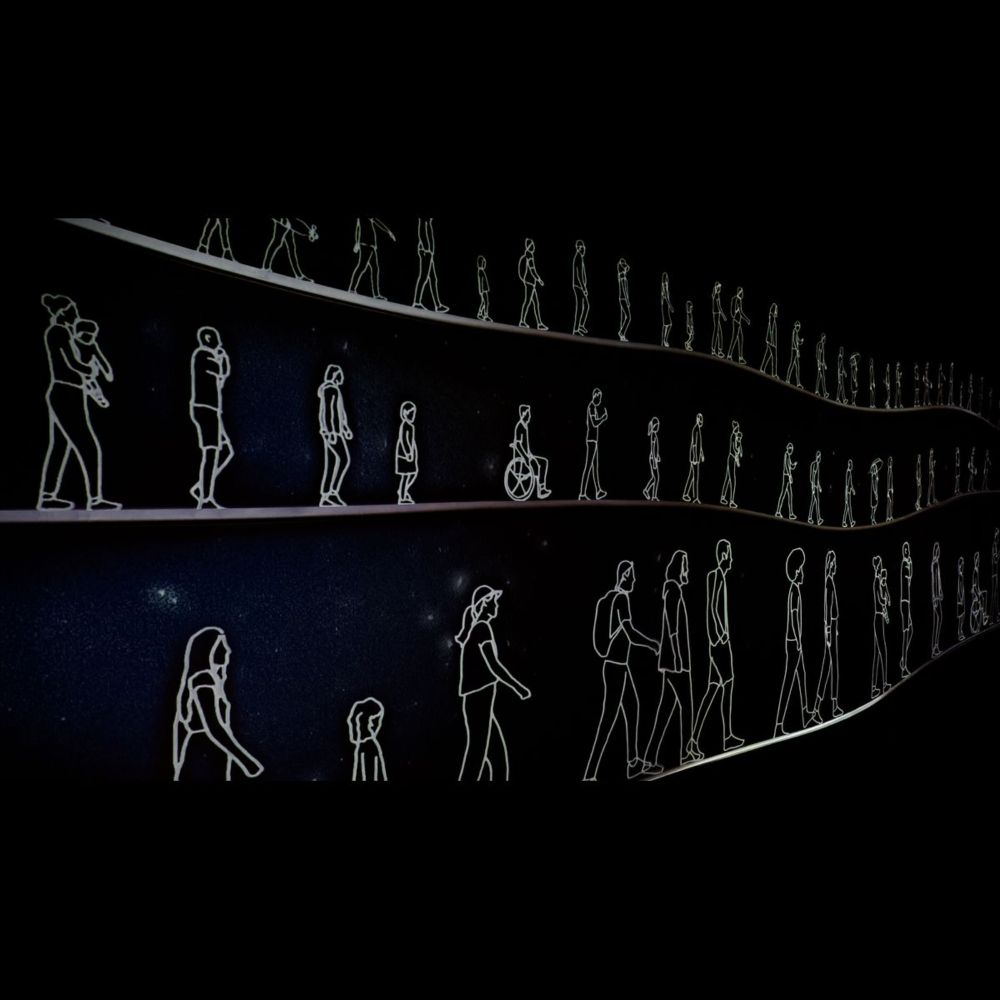
Jevin West (@jevinwest.bsky.social) and I have spent the last eight months developing the course on large language models (LLMs) that we think every college freshman needs to take.
thebullshitmachines.com
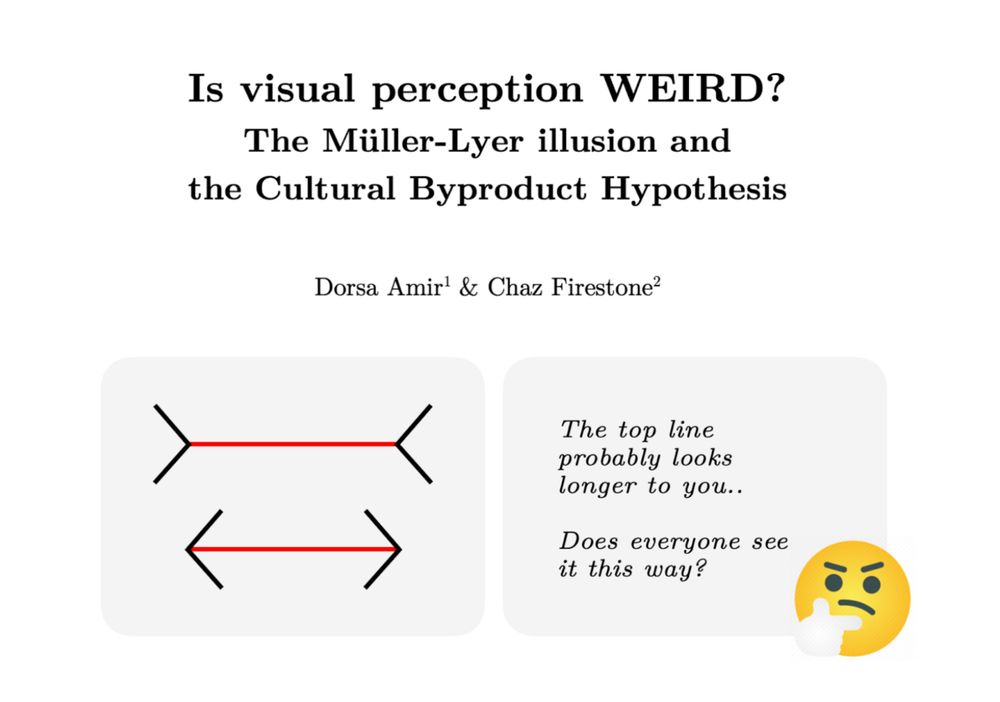
20 years old today 🥳 #TMS #BrainStim
a colleague sent this present for you all:
doi.org/10.1162/jocn...
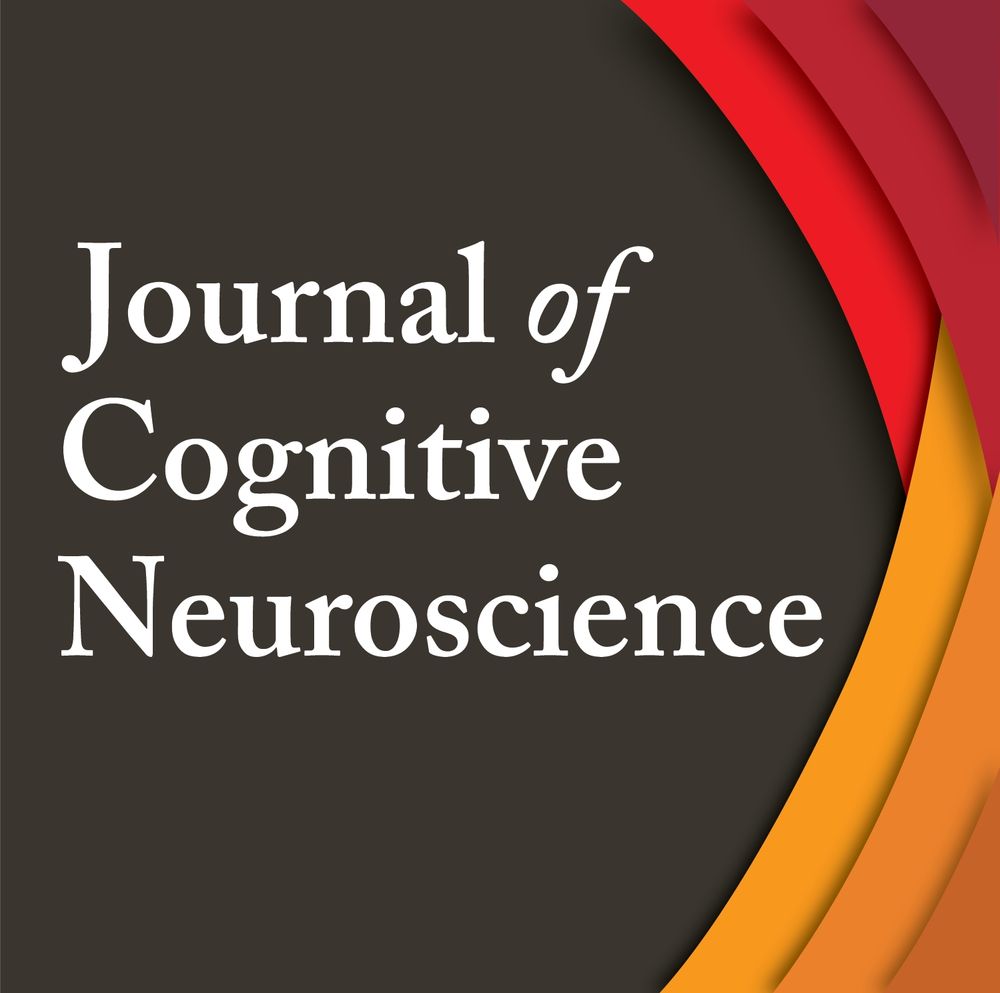
20 years old today 🥳 #TMS #BrainStim
a colleague sent this present for you all:
doi.org/10.1162/jocn...
Working with myself,
@stephanierossit.bsky.social
@timkietzmann.bsky.social
Funded by @leverhulme.bsky.social
www.jobs.ac.uk/job/DLL004/p...

@naturecomms.bsky.social
▶️ rdcu.be/d5SDU
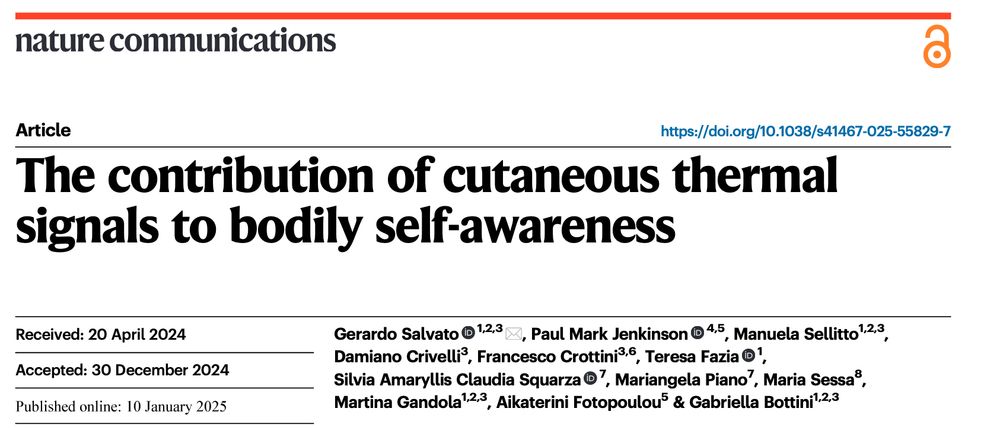
@naturecomms.bsky.social
▶️ rdcu.be/d5SDU
Prepare to get cheesy, I'm glad to share the Cacio e paper preprint:
arxiv.org/abs/2501.00536
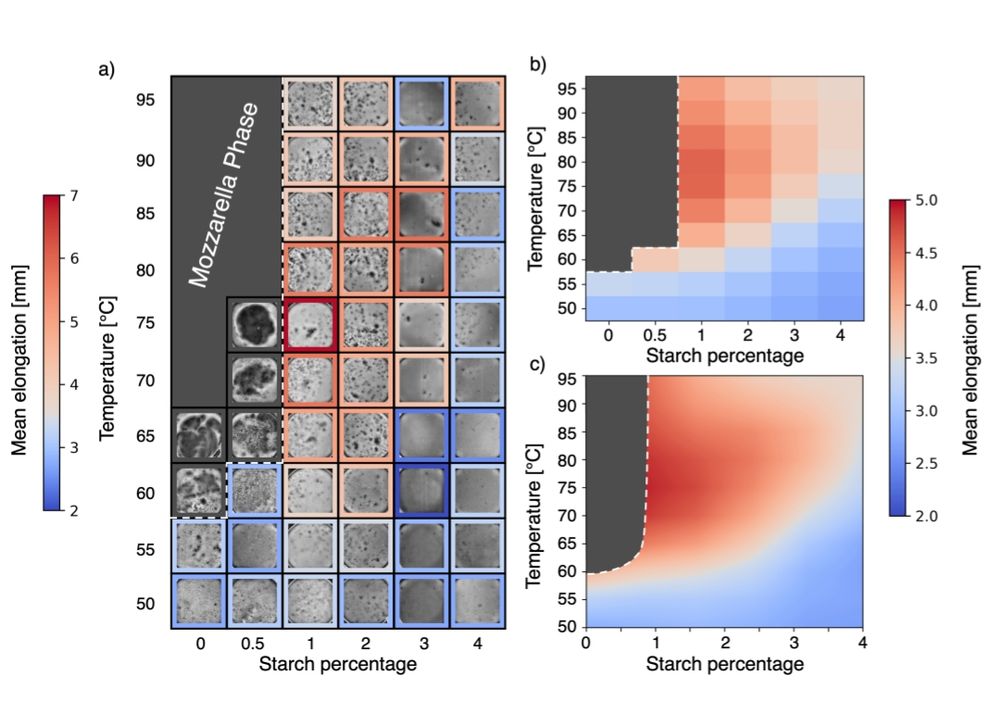
Prepare to get cheesy, I'm glad to share the Cacio e paper preprint:
arxiv.org/abs/2501.00536
(also see preprint: osf.io/preprints/os...)
(also see preprint: osf.io/preprints/os...)
Naive (Western) individuals intuitively suck at knots. As shown by this cool new experimental work—but also something I’ve noticed as an outdoors hobbyist.

Naive (Western) individuals intuitively suck at knots. As shown by this cool new experimental work—but also something I’ve noticed as an outdoors hobbyist.
www.nature.com/articles/s41...
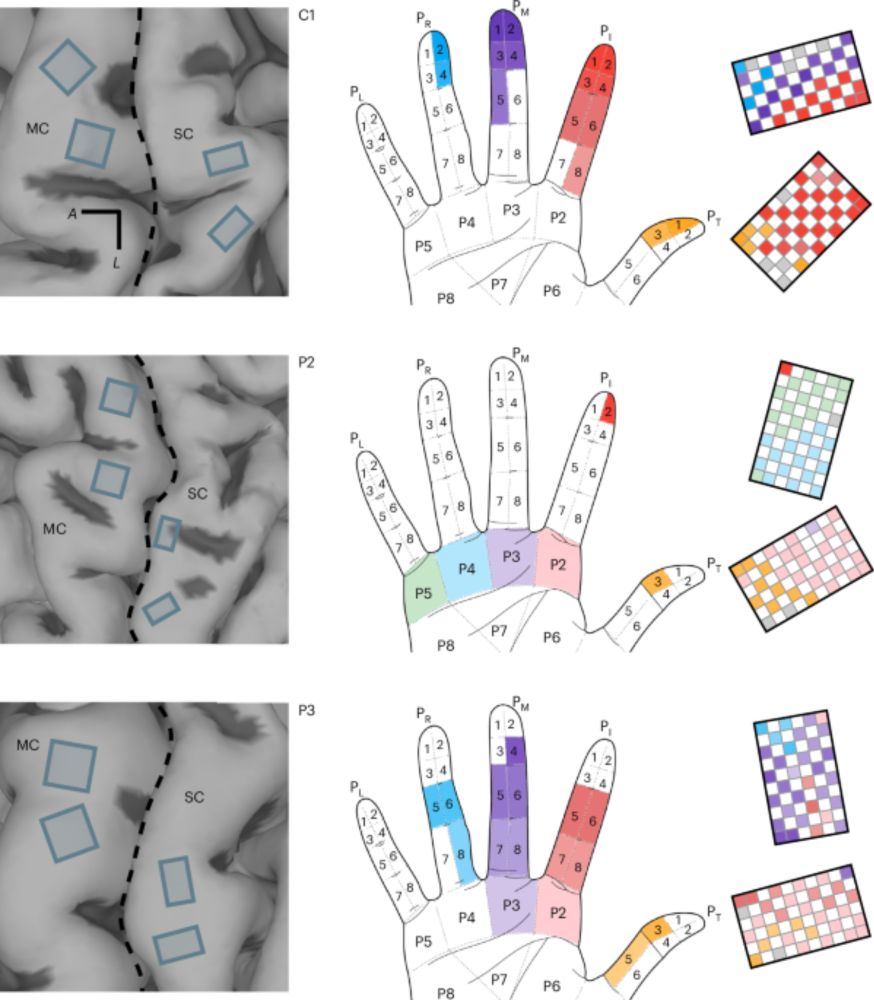
www.nature.com/articles/s41...
« Social determinants of cognitive aging trajectories across 39 countries »
Some people in their 80s have cognitive abilities similar to many 30-year-olds, others are severely diminished. How comes?
www.medrxiv.org/content/10.1...
A short 🧵👇 1/7
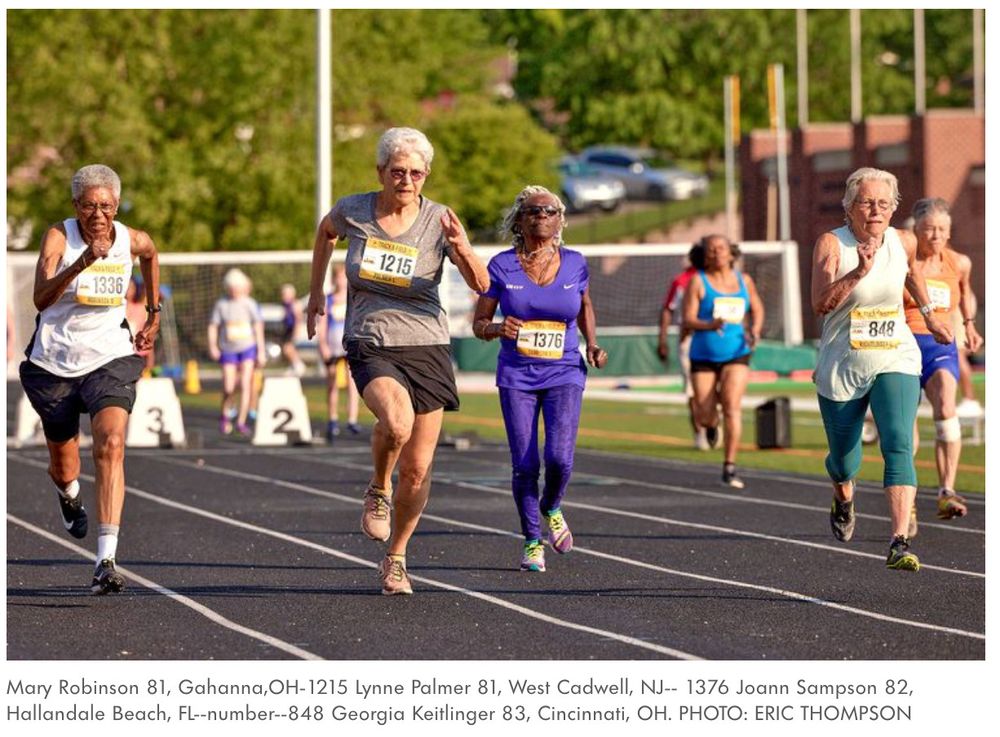
« Social determinants of cognitive aging trajectories across 39 countries »
Some people in their 80s have cognitive abilities similar to many 30-year-olds, others are severely diminished. How comes?
www.medrxiv.org/content/10.1...
A short 🧵👇 1/7
Join the next #BRNet Seminar:
💭 Body and Self: A Dialogue Between Philosophy and Neuroscience with @anatajadura.bsky.social & Adrian Alsmith.
📅 Jan 17, 2025
📍 Online
🎟️ Reserve your spot today: shorturl.at/nl3Ur
#Body #Philosophy #Neuroscience #Research
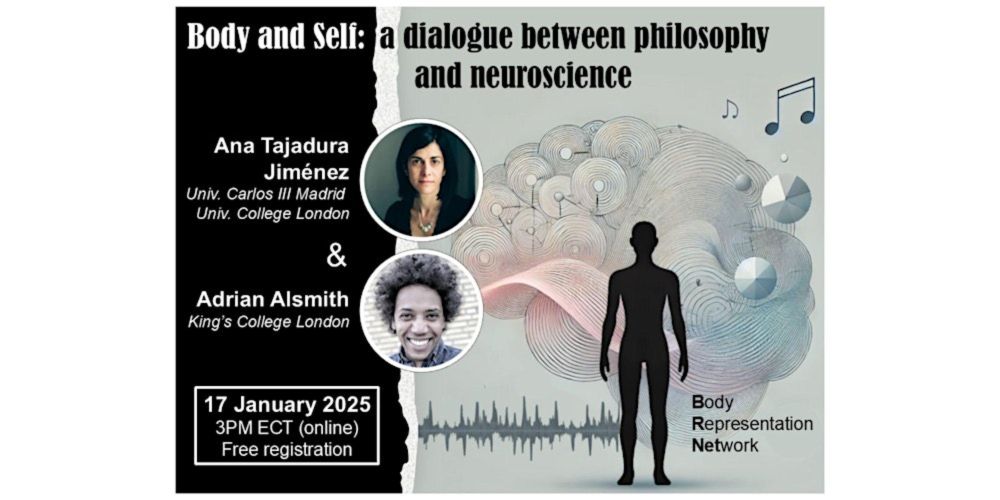
Join the next #BRNet Seminar:
💭 Body and Self: A Dialogue Between Philosophy and Neuroscience with @anatajadura.bsky.social & Adrian Alsmith.
📅 Jan 17, 2025
📍 Online
🎟️ Reserve your spot today: shorturl.at/nl3Ur
#Body #Philosophy #Neuroscience #Research
👇see 🧵
👇see 🧵
We demonstrate that cursor movements differ depending on the input device used in online experiments. Given that cursor movements are increasingly used to investigate ongoing perceptual, cognitive, and motoric processes, it is an important variable to consider
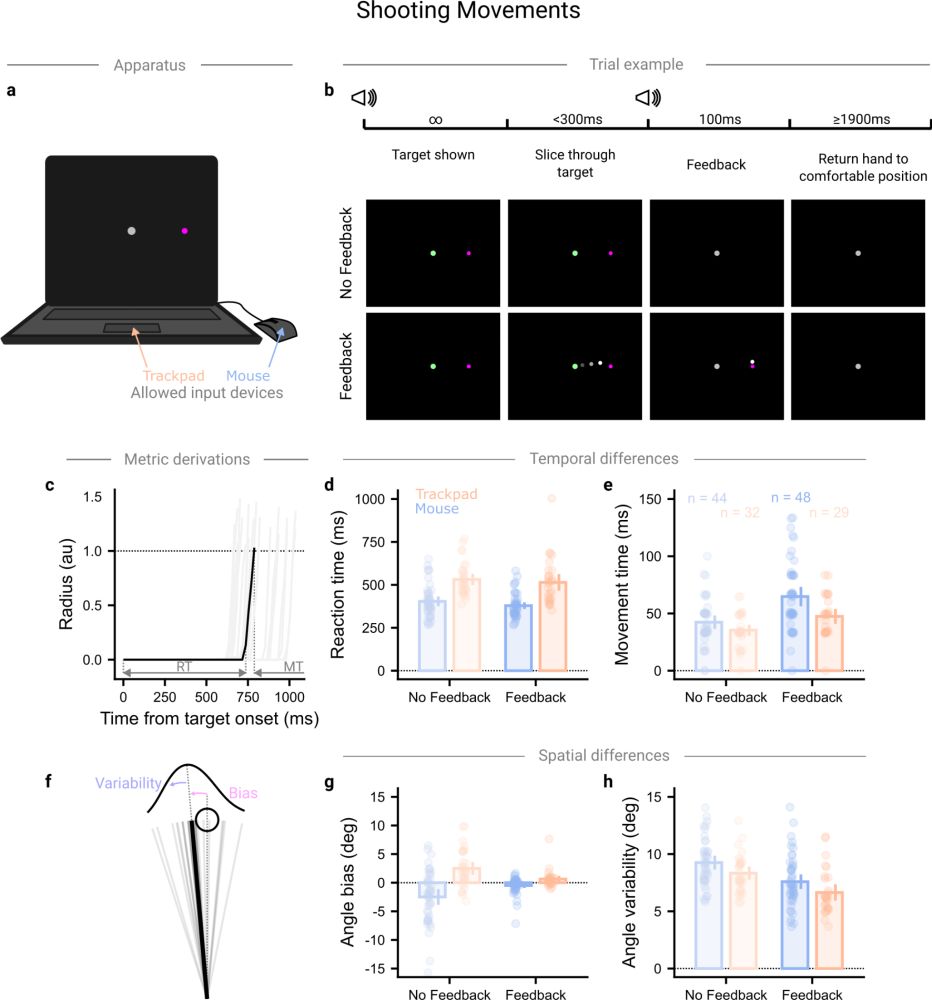
We demonstrate that cursor movements differ depending on the input device used in online experiments. Given that cursor movements are increasingly used to investigate ongoing perceptual, cognitive, and motoric processes, it is an important variable to consider

